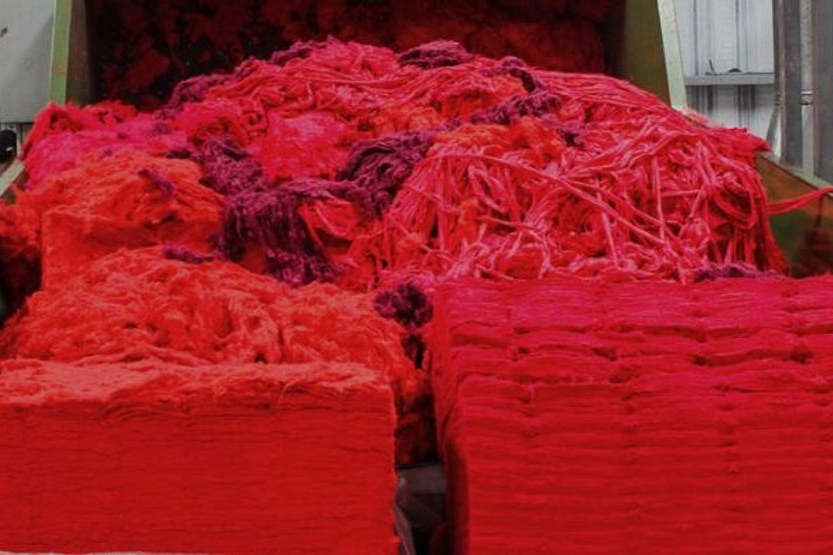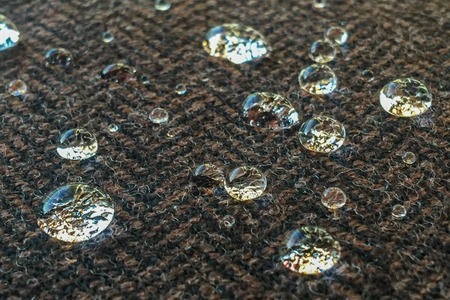
Milliken & Company takes part in 2 Accelerating Circularity U.S. trials
YarnsandFibers News Bureau 2022-06-07 17:56:52 – USAThe Textile Business of Milliken & Company, has announced its involvement in two commercial textile-to-textile product trials in the United States with Accelerating Circularity. Milliken, which will serve as the fabric producer in both trials, will create two unique garments—a polyester Polartec Fleece and a cotton/polyester twill—that will be mass-produced.
Chemically recycled textiles made feasible by Gr3n Recycling will be used in the polyester Polartec Fleece study, while a mechanical recycling procedure will be used in the cotton/polyester twill testing. Milliken will create and produce the fabric for each experiment using Unifi fiber.
Jeff Strahan, director of sustainability, compliance, and research at Milliken & Company, said that at Milliken, they take a hands-on approach to sustainability. That's why they joined Accelerating Circularity: they knew they were taking on the circularity problem square on, not just talking about potential answers down the line. They have the operational skills and workforce creativity that make participating in these trials a terrific opportunity for them to assist minimize the environmental impact of the textile sector.
According to the Environmental Protection Agency, roughly 16.9 million tons of textile waste are disposed of in landfills. The experiments in the United States are intended to aid Accelerating Circularity in demonstrating the feasibility of a working textile-to-textile circular supply chain that lowers textile waste.
Karla Magruder, president and founder of Accelerating Circularity, said that from the inception of Accelerating Circularity's creation, Milliken has been an excellent collaborator and participant. They have a long history of textiles in the United States and are well connected with the rest of the supply chain. Milliken's Rapid Prototype Center (RPC) also provides them a competitive edge in terms of being able to execute minor process trials fast before scaling up. As part of the input on the initial ACP trials, they can provide preliminary comments on quality, aesthetics, and consistency to ACP.
The capacity to execute these trials rapidly and effectively is aided by Milliken's Rapid Prototype Laboratory (RPC), the biggest privately-owned textile testing center in the United States.
Magruder added that Milliken's RPC gives their company a priceless tool: the capacity to fail quickly and adapt. Typical manufacturing equipment needs hundreds of pounds of fiber, which results in thousands of yards of fabric. To 'try something,' the risk profile is not favorable. They can treat modest amounts of material using Milliken's RPC and provide interested parties confidence that these materials will operate on genuine production equipment.
In 2021, Milliken became a member of the Accelerating Circularity Steering Committee, a group of corporations that contribute strategy and advice to the U.S.-based effort. Among the current members are: Eastman, Gap Inc, Giotex, Gr3n, Lenzing, Nike, Target, VF Corp. and Unifi.
Market Intelligence
Ask for free sample Report

experience
Customer Base
dedicated team
Countries Served Worldwide









